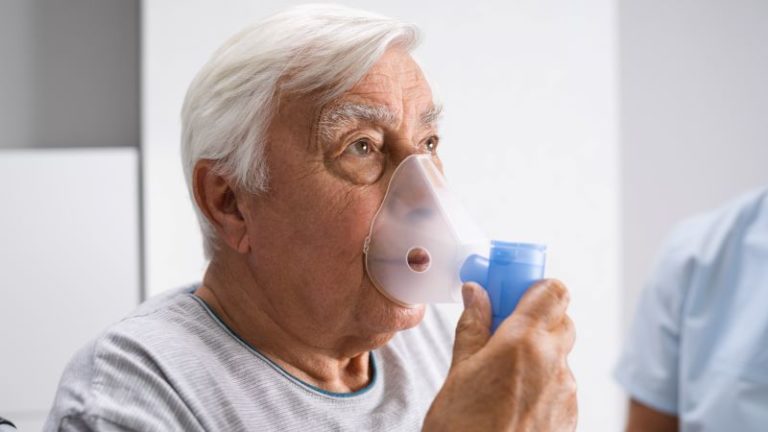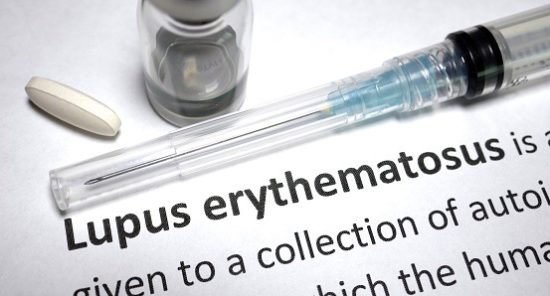Asthma is a leading chronic airway disease with substantial morbidity and mortality (≈3,600 deaths/year in the United States; ≈365,000 worldwide). Severe refractory asthma—about 1% to 5% of cases—remains uncontrolled despite high-dose inhaled corticosteroids plus additional controllers, correct inhaler technique, adherence, and management of comorbidities. Type 2–high asthma is the most common severe phenotype and carries higher exacerbation risk but better responsiveness to biologics. Initial evaluation for severe disease should include spirometry with bronchodilator testing, complete blood cell count with differential (eosinophils), total IgE, fractional exhaled nitric oxide, and allergy testing, interpreted in clinical context. Access remains a challenge. In recent claims analyses, only about half of patients with uncontrolled asthma saw a specialist within a year of an exacerbation.
Pharmacologic therapy centers on daily inhaled corticosteroids, rigorous inhaler-technique assessment, and anti-inflammatory reliever strategies that reduce severe exacerbations. Overall, outcomes improve when comorbidities and environmental triggers are addressed, and timely specialty care enables phenotype-guided biologic use.
Reference: Cardet JC, Chiarella SE, Hernandez ML. Management of Severe Refractory Asthma. JAMA. 2025 Oct 1. doi: 10.1001/jama.2025.14449. Epub ahead of print. PMID: 41032334.
Link: https://jamanetwork.com/journals/jama/fullarticle/2839638








